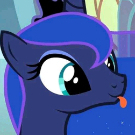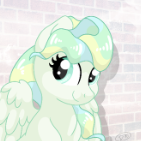books Science Fiction vs. Fantasy
Sci-Fi or Fantasy
41 users have voted
-
Similar Content
-
- 7 replies
- 190 views
-
- 2 replies
- 163 views
-
- 1 reply
- 574 views
-
books Harry Potter discussion
By SIgmaBETA,
- 12 replies
- 2,300 views
-
books black tide riseing/ 2019- now
By swordsman,
- 2 replies
- 738 views
-
-
Recently Browsing 0 members
- No registered users viewing this page.





.thumb.png.83e037ba7e453fda3377d3d6caa2743d.png)


Recommended Posts
Create an account or sign in to comment
You need to be a member in order to leave a comment
Create an account
Sign up for a new account in our community. It's easy!
Join the herd!Sign in
Already have an account? Sign in here.
Sign In Now